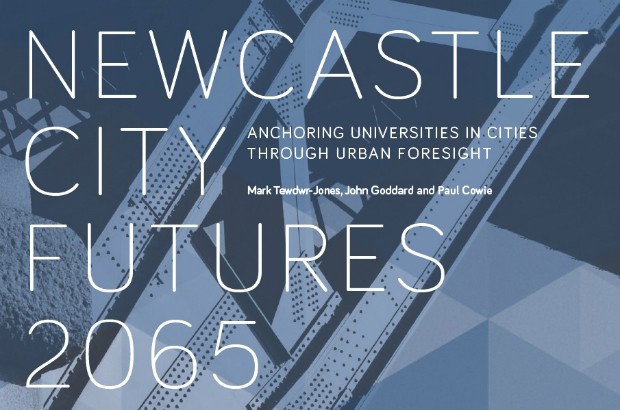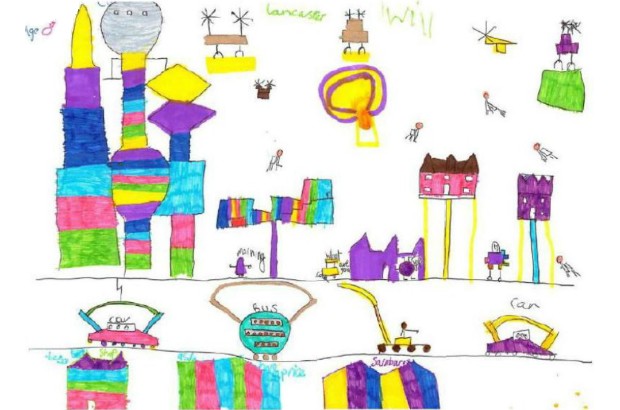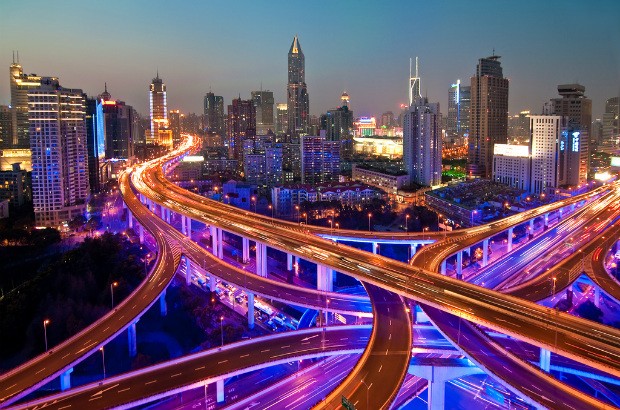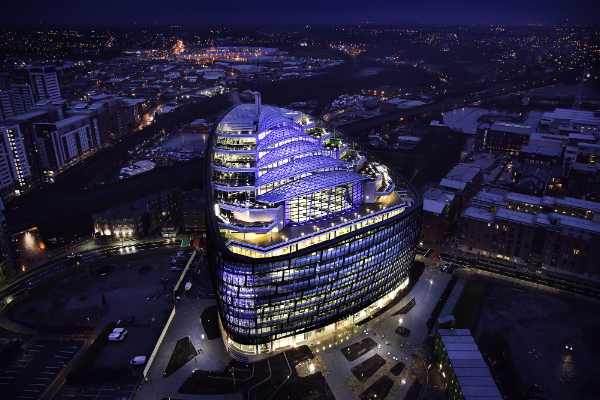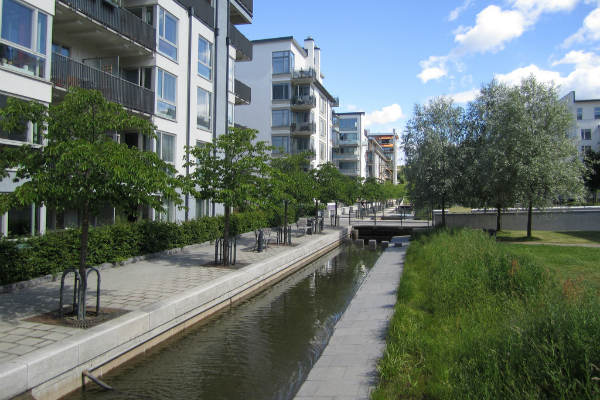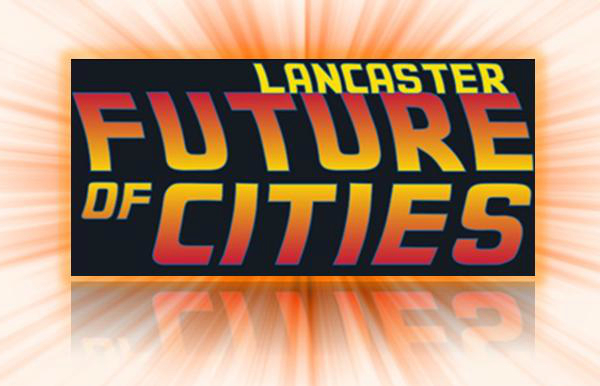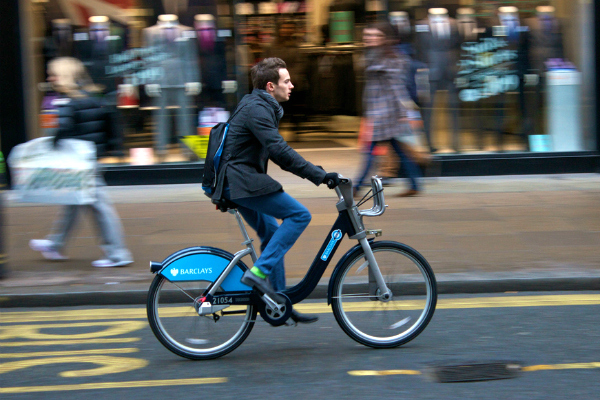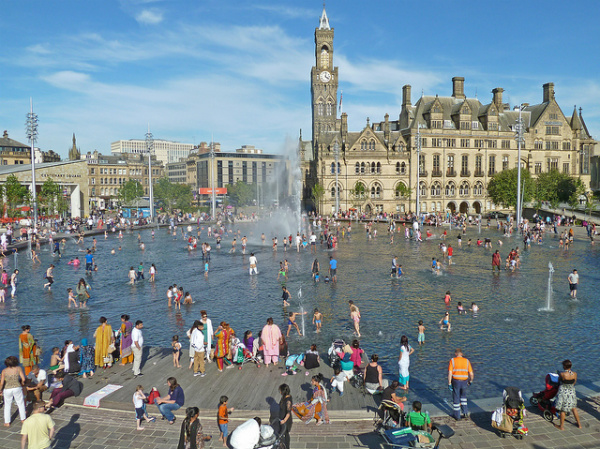Living in cities
This theme looks at people in the urban environment. It covers health, lifestyles, belonging and identity, culture and behaviour alongside housing, social disparities, public services and demography.
The West Midlands is no stranger to ‘futures’ work. In 2006, Forum for the Future working with Sustainability West Midlands, wrote the 'West Midlands Futures: Drivers of change affecting the West Midlands' report.
What is your vision of Cambridge in 2065? This is the question being asked by 'Visions of Cambridge in 2065', one of 6 city case studies supported by the Foresight Future of Cities project.
July 2015 saw the publication of the 'Newcastle City Futures 2065' report.
Last year we asked young people to write and/or draw their ideas for what Lancaster will or should be like in 2065.
Today, the idea that data can play a key role in the design and management of cities is widely recognised. However, it’s now time to consider the skills that people will need to live in these smart cities.
What will Greater Manchester look like in 2065?
The trend for urban populations to be healthier than their rural counterparts is known as the ‘urban health advantage’. But no matter where you live, there are health inequalities which are determined by social inequalities.
If asked to envisage Lancaster in 2065, I probably wouldn’t have predicted that we’d have blue pancakes that help the elderly, or that one of our local landmarks would have a King Kong-style attack.
"I can tell it’s a nice area because it’s the kind of place where you can see children cycling to school in the morning." This was the recent remark of a friend who had moved to the south coast.
I have spent 25 years studying cities, and culture; so it was an interesting, if daunting, task to be asked to write one of the working papers for the Foresight Future of Cities project.



